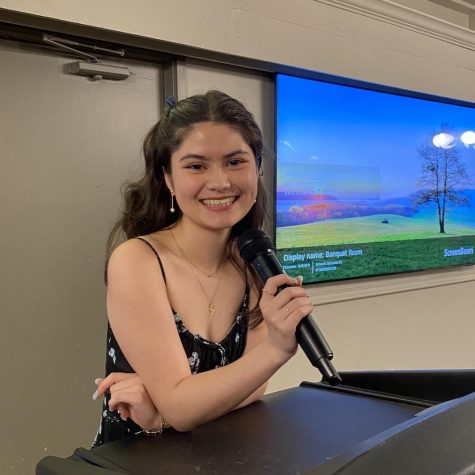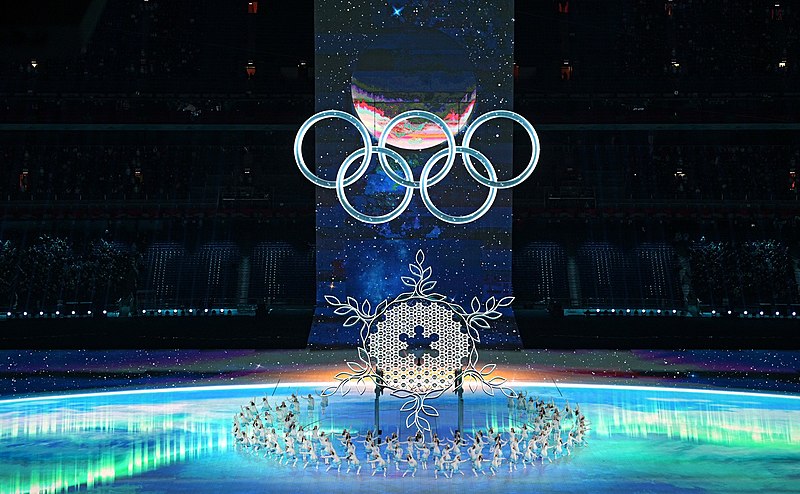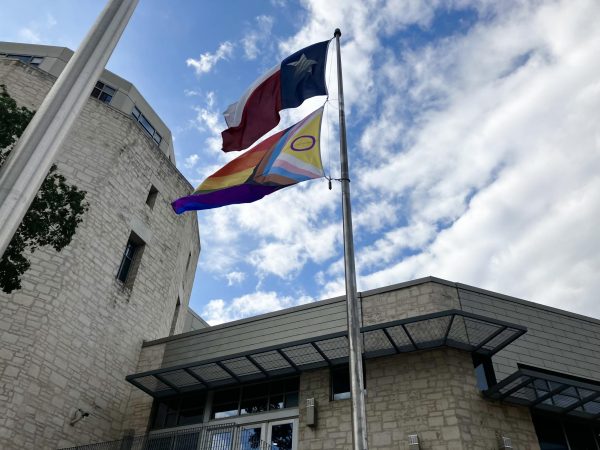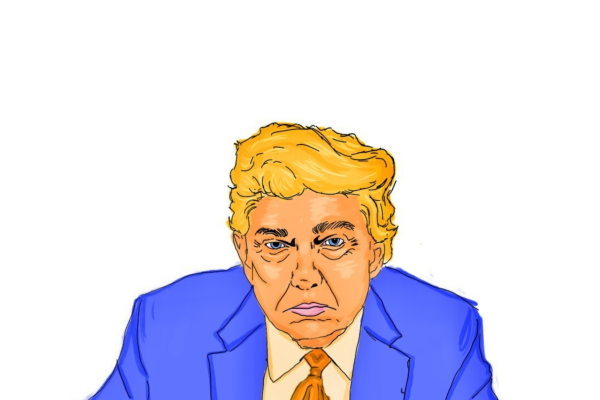The Shadow that Looms Over the 2022 Winter Olympics: A Look Into China’s Cover-Up of Human Rights Issues
Fourteen years ago, the 2008 Beijing Summer Olympics were held amid controversies concerning human rights issues in China. From protests against China’s role in the Darfur conflict to supposed terrorist plots by Uyghur separatists, the 2008 Olympics had its fair share of political tension. Similarly, the 2022 Beijing Winter Olympics kicked off with an opening ceremony that sparked all sorts of discussion and left me, like most people, with a bitter feeling that current human rights issues, once again, were being glazed over without a second thought. This is not to say that all other Olympic games are clean of any hazy political situations, but, of course, China has a rich and bleeding history of fabricating all sorts of lies to cover up the misdeeds of its government, and no global event will change the way they handle it.
On Saturday, Feb. 4, the 2022 Beijing Winter Olympics opening ceremony highlighted the 56 ethnic groups in China, including a moment where representatives from all groups passed the flag down to a final group of the Beijing Garrison Honor Guard Battalion, also known as the PLA Honor Guard: a perfect representation of the communist country that so often relies on its military power to control its people. The scene of carefully orchestrated unity looked exceedingly staged in my eyes. It was a carefully crafted cast on a stage for the whole world to view.
Earlier in the ceremony, during the Parade of Nations, multiple political statements were already made. Vladimir Putin made an appearance, serving as a tense reminder of the current border tensions between Russia and Ukraine (whose officials warned athletes not to interact with members of the Russian team). Additionally, Taiwan was initially set not to participate in the opening ceremony. But they made an appearance after facing pressure from the International Olympic Committee (IOC), under the name and flag of Chinese Taipei. A bitter reminder of the consistent hold that China claims over the sovereign nation and the dark histories these two countries share together.
At the closing of the ceremony, the final torch-runners for the Olympic flame were Nordic mixed skier Zhao Jiawen and, the most striking choice of the opening ceremony, cross-country skier Dinigeer Yilamujiang. The selection of Dinigeer Yilamujiang, an Uyghur, as an Olympic torchbearer was no innocent choice on China’s part. It was a direct statement to all the countries that announced diplomatic boycotts prior to the games. The U.S. was no exception to these boycotts. No government official was sent to oversee the games in protest of all of the country’s human rights violations.
It is no secret that China is using this opportunity to further spread propaganda and silence the discussions surrounding the Uyghur genocide. It’s a sick and twisted game that China is playing, with their continuous denial of any mistreatment of the Uyghurs over the past eight years as they beam and show their pride to the world and collect global attention. The selection of Yilamujang as one of the two final athletes to light the Olympic flame feels like slapping a bandaid on a broken limb. It’s a solution made only for appearances and a glaring disregard for the real issue at hand.
Yilamujang, not surprisingly, made no media appearances other than in Chinese media after her event. An assumable conscientious decision made by Chinese officials, not by the athlete herself. This situation is eerily similar to the staged media appearances of tennis star Peng Shuai after her sexual assault claims. Shuai has been spotted at the Olympic games and shared a private meeting with IOC President Thomas Bach. Censorship, in China, is not limited to its athletes. But when these athletes are in positions where it becomes blatantly apparent that they are being portrayed in only the light that their country wishes, it’s harder and harder to ignore the silence of individuals that China’s government enforces.
President Bach has previously stated that “the Olympic Games are not about politics.” But when you’re hosting in a country tainted by human rights violations, the games become so much more than who wins a gold medal and who does not.

Class of 2024
Besides an obvious passion for writing and design that drive my work on the yearbook, what I adore most about my role on Student Press...










